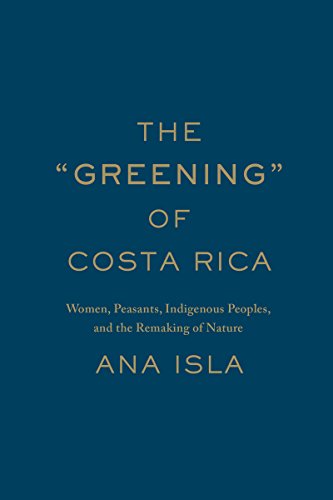

Most ebook files are in PDF format, so you can easily read them using various software such as Foxit Reader or directly on the Google Chrome browser.
Some ebook files are released by publishers in other formats such as .awz, .mobi, .epub, .fb2, etc. You may need to install specific software to read these formats on mobile/PC, such as Calibre.
Please read the tutorial at this link: https://ebookbell.com/faq
We offer FREE conversion to the popular formats you request; however, this may take some time. Therefore, right after payment, please email us, and we will try to provide the service as quickly as possible.
For some exceptional file formats or broken links (if any), please refrain from opening any disputes. Instead, email us first, and we will try to assist within a maximum of 6 hours.
EbookBell Team

4.0
36 reviewsSince the 1992 Earth Summit in Rio de Janeiro, the concept of sustainable development has become the basis for a vast number of “green industries” from eco-tourism to carbon sequestration. In The “Greening” of Costa Rica, Ana Isla exposes the results of the economist’s rejection of physical limits to growth, the biologist’s fetish with such limits, and the indebtedness of peripheral countries.
Isla’s case study is the 250,000 hectare Arenal-Tilaran Conservation Area, created in the late 1990s as the result of Canada-Costa Rica debt-for-nature swaps. Rather than reducing poverty and creating equality, development in and around the conservation area has dispossessed and disenfranchised subsistence farmers, expropriating their land, water, knowledge, and labour.
Drawing on a decade of fieldwork in these communities, Isla exposes the duplicity of a neoliberal model in which the environment is converted into commercial assets such as carbon credits, intellectual property, cash crops, open-pit mining, and eco-tourism, few of whose benefits flow to the local population.